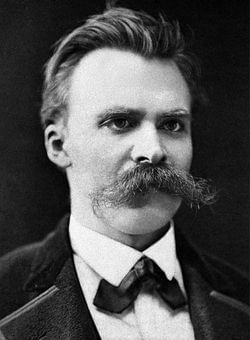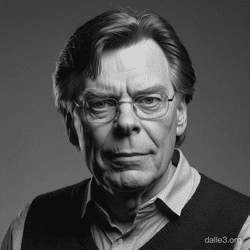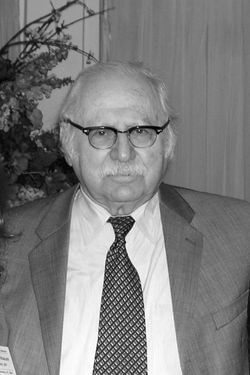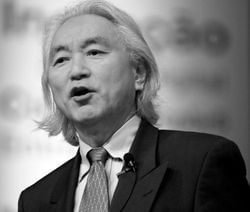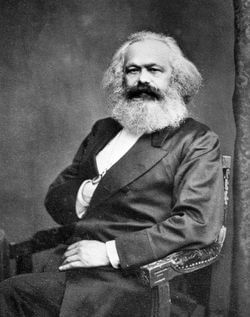.jpg?bossToken=4071b3318df0a9e9189d33e7a18a22ffd65bdea36a5c9b20b7481b4f59a99172)
Photo Attribution: attruburied to Jean-Marc Nattier, Public domain, via Wikimedia Commons
Immanuel Kant
This example has been viewed 930x times
Summary
Rodden Rating
Analysis for Immanuel Kant
Biography
Immanuel Kant (UK: /kænt/,[18][19] US: /kɑːnt/,[20][21] German: [ɪˈmaːnu̯eːl ˈkant];[22][23] 22 April 1724 – 12 February 1804) was a German philosopher and one of the central Enlightenment thinkers.[24][25] Born in Königsberg, Kant's comprehensive and systematic works in epistemology, metaphysics, ethics, and aesthetics have made him one of the most influential figures in modern Western philosophy.[24][26]
In his doctrine of transcendental idealism, Kant argued that space and time are mere "forms of intuition" which structure all experience, and therefore that, while "things-in-themselves" exist and contribute to experience, they are nonetheless distinct from the objects of experience. From this it follows that the objects of experience are mere "appearances", and that the nature of things as they are in themselves is unknowable to us.[27][28] In an attempt to counter the skepticism he found in the writings of philosopher David Hume,[29] he wrote the Critique of Pure Reason (1781/1787),[30] one of his most well-known works. In it, he developed his theory of experience to answer the question of whether synthetic a priori knowledge is possible, which would in turn make it possible to determine the limits of metaphysical inquiry. Kant drew a parallel to the Copernican revolution in his proposal to think of the objects of the senses as conforming to our spatial and temporal forms of intuition, so that we have a priori cognition of those objects.[b]
Kant believed that reason is also the source of morality, and that aesthetics arise from a faculty of disinterested judgment. Kant's views continue to have a major influence on contemporary philosophy, especially the fields of epistemology, ethics, political theory, and post-modern aesthetics.[26] He attempted to explain the relationship between reason and human experience and to move beyond what he believed to be the failures of traditional philosophy and metaphysics. He wanted to put an end to what he saw as an era of futile and speculative theories of human experience, while resisting the skepticism of thinkers such as Hume. He regarded himself as showing the way past the impasse between rationalists and empiricists,[32] and is widely held to have synthesized both traditions in his thought.[33]
Kant was an exponent of the idea that perpetual peace could be secured through universal democracy and international cooperation, and that perhaps this could be the culminating stage of world history.[34] The nature of Kant's religious views continues to be the subject of scholarly dispute, with viewpoints ranging from the impression that he shifted from an early defense of an ontological argument for the existence of God to a principled agnosticism, to more critical treatments epitomized by Schopenhauer, who criticized the imperative form of Kantian ethics as "theological morals" and the "Mosaic Decalogue in disguise",[35] and Nietzsche, who claimed that Kant had "theologian blood"[36] and was merely a sophisticated apologist for traditional Christian faith.[c] Beyond his religious views, Kant has also been criticized for the racism presented in some of his lesser-known papers, such as "On the Use of Teleological Principles in Philosophy" and "On the Different Races of Man".[38][39][40][41] Although he was a proponent of scientific racism for much of his career, Kant's views on race changed significantly in the last decade of his life, and he ultimately rejected racial hierarchies and European colonialism in Perpetual Peace: A Philosophical Sketch (1795).[42]
Kant published other important works on ethics, religion, law, aesthetics, astronomy, and history during his lifetime. These include the Universal Natural History (1755), the Critique of Practical Reason (1788), the Critique of Judgment (1790), Religion within the Bounds of Bare Reason (1793), and the Metaphysics of Morals (1797).[25]
Source: https://en.wikipedia.org/wiki/Immanuel_Kant
Raw Data
Horoscope Data
Comments
Natal Data
1724-04-22 04:38:00 LMT
54° 42′ 37.5″ N 20° 27′ 8.0″ E
Kaliningrad, Kaliningrad Oblast, Russia
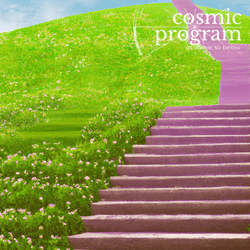

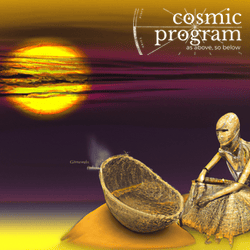


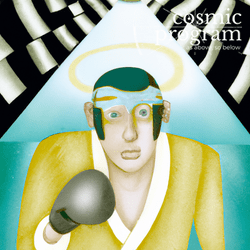

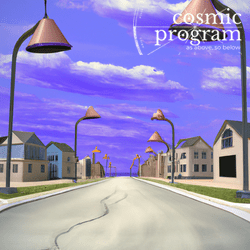


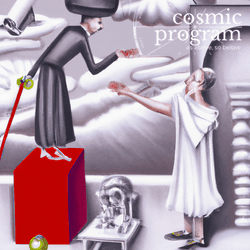


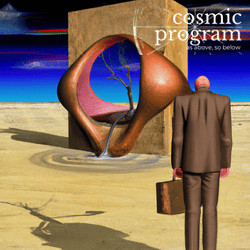


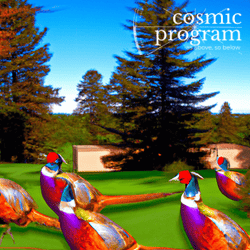
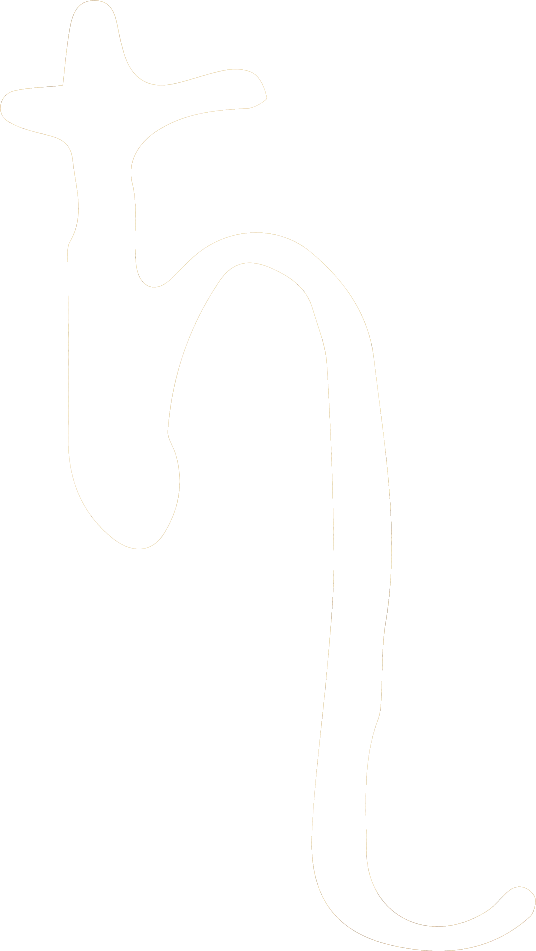

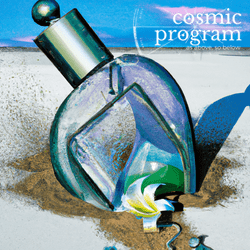


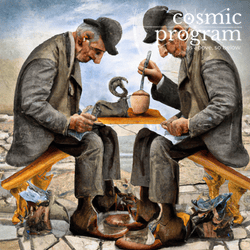

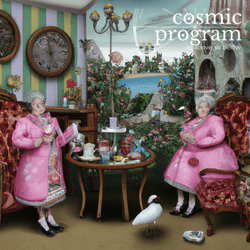


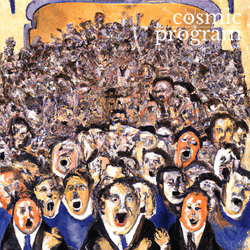
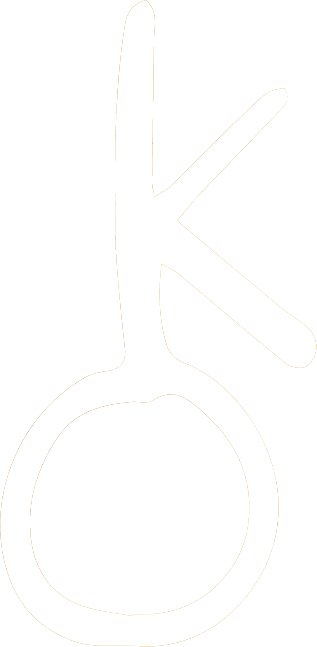
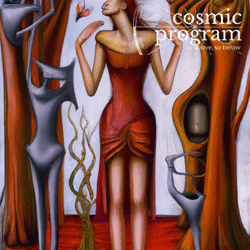

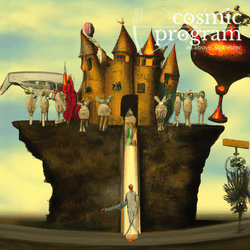

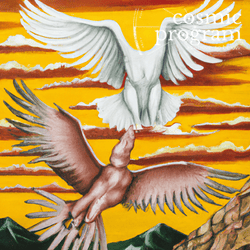

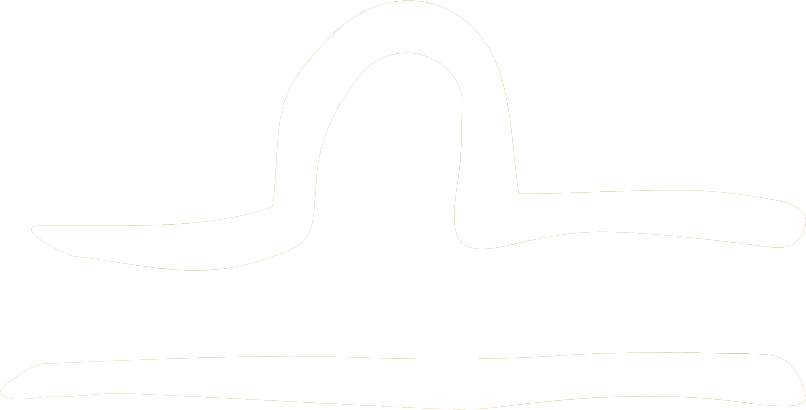
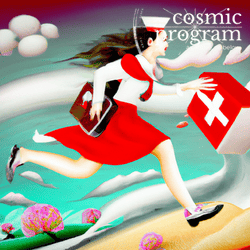

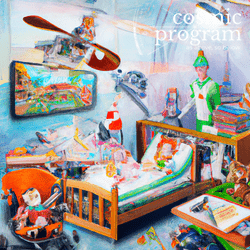

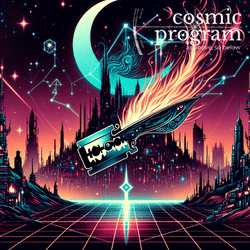
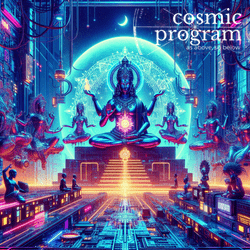
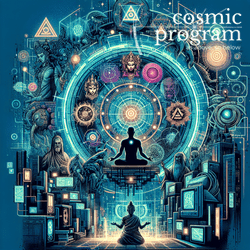
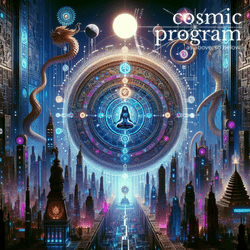
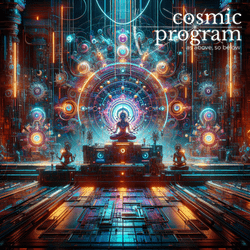
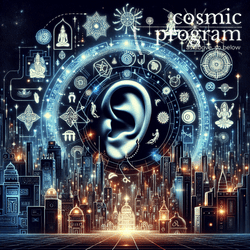
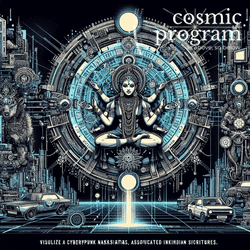

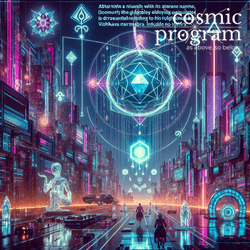
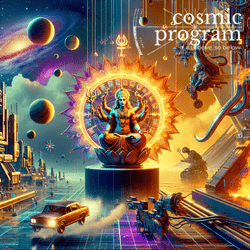
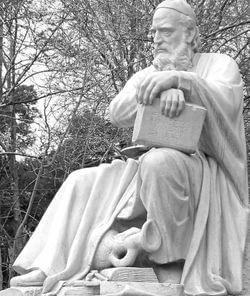
.jpg?bossToken=056b6988a0d84ed873b53faa760ae77d6bfd102904c6c78dec10939ecdec0f6d)

